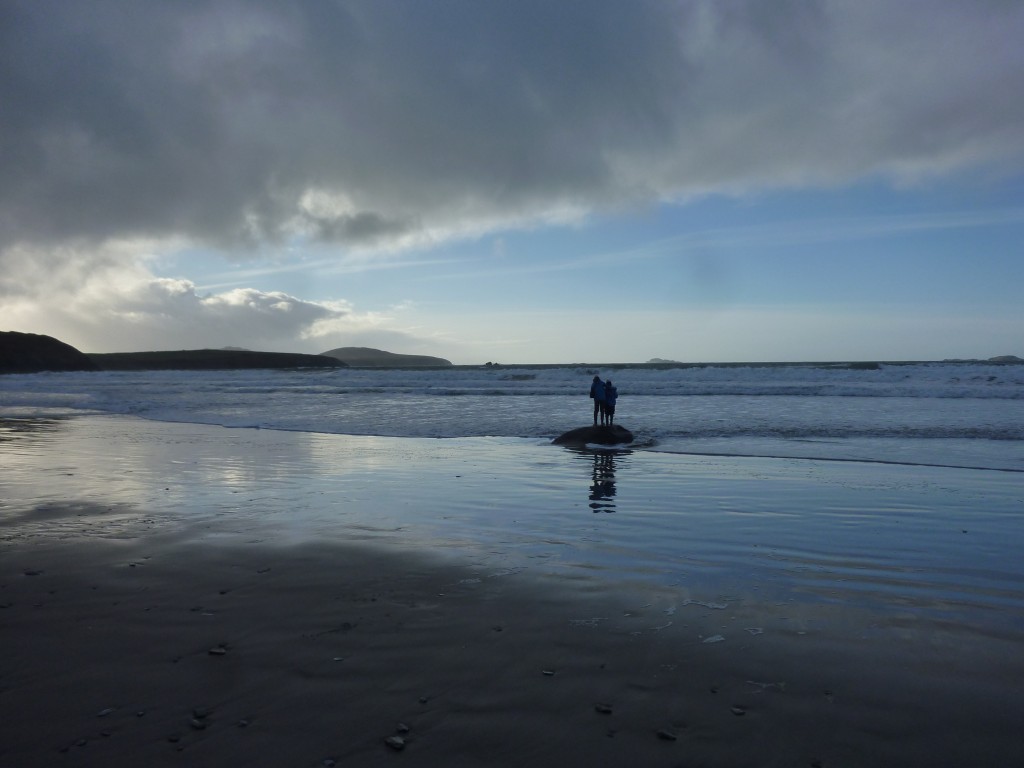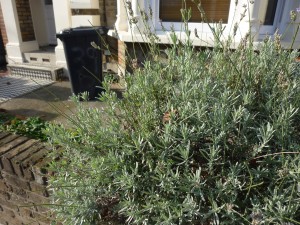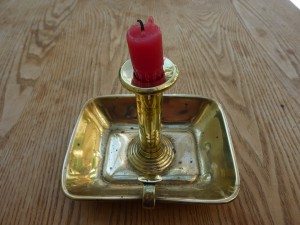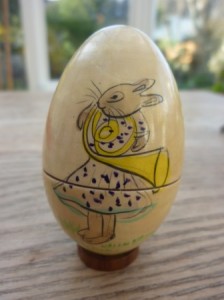 Here we’ve been going flat out all week, me in what feels like constant contact with the very fine Marketing Manager at Jessica Kingsley (everyone there has been exceptional) and with husband Paul helping throughout by casting an editorial eye over stuff I’m writing in pursuance of sales for Storytelling and Story-Reading in Early Years. An article with an edited extract from the book for such-and-such-magazine… A blog for an Early Years organisation… Emails to editors of Early Years journals… Messages to anyone and everyone I can think of who might be able to help spread the word… One step at a time, I have to tell myself.
Here we’ve been going flat out all week, me in what feels like constant contact with the very fine Marketing Manager at Jessica Kingsley (everyone there has been exceptional) and with husband Paul helping throughout by casting an editorial eye over stuff I’m writing in pursuance of sales for Storytelling and Story-Reading in Early Years. An article with an edited extract from the book for such-and-such-magazine… A blog for an Early Years organisation… Emails to editors of Early Years journals… Messages to anyone and everyone I can think of who might be able to help spread the word… One step at a time, I have to tell myself.
Meantime: School Librarian
Meantime I’ve also been doing the necessary reading to be able to write my seasonal batch of reviews for School Librarian. 1987 is when I started reviewing for School Librarian. It’s a labour of love in every sense of the term. But I enjoy it and it means I get to read some very interesting books I might not otherwise come across. Hence the next item in this week’s journey.
Plus: a good book for storytellers
Georgiana Keable: I’d forgotten the name until her book arrived for review. Then I vaguely remembered hearing about her long ago. In the early days of the Storytelling Revival, she was a member of the West London Storytelling Unit along with Ben Haggarty. Subsequently she was one of the tellers in The Company of Storytellers. I never met her and never heard her. What I do recall hearing at some point was that she’d  gone off to live somewhere abroad. As I now learn from her book, Norway is where she went. In Norway, she became a kind of storytelling queen of the forest, an ambassador for trees and wildlife introducing children to nature’s riches.
gone off to live somewhere abroad. As I now learn from her book, Norway is where she went. In Norway, she became a kind of storytelling queen of the forest, an ambassador for trees and wildlife introducing children to nature’s riches.
Her book is called The Natural Storyteller. It contains 48 stories. Some are stories from real life experience. Most are folktales from a wide variety of countries and one of these is her retelling of The King with Dirty Feet, the lovely Indian story that Sally Pomme Clayton sent me for my collection of stories, Time for Telling. The Natural Storyteller (subtitle Wildlife Tales for Telling) is aimed at older children and throughout it treats them as Apprentice Storytellers, giving helpful ideas on how to absorb stories and maybe make new ones from them.
The Natural Storyteller comes from Hawthorne Press. I recommend it. Here, briefly retold in my own words, is one of the stories in it that struck me most strongly and that I will surely tell.
An inspiring story: The Blind Little Sister
In a village in West Africa, there were two sisters. One was blind. The other was married to a hunter and whenever this hunter went out hunting, the blind sister said she’d love to go with him. The hunter always refused. ‘What use is a hunter with no eyes? Besides you’re a girl.’ But the married sister always said that her blind sister was the wisest person: ‘She sees with her ears.’
So it turned out. One day, the hunter relented. In the jungle, the blind girl suddenly stopped. ‘Shhhh, there is a lion! But the lion will not bother us, it’s eaten its fill and it’s fast asleep.’ The blind sister proved to be right. The hunter couldn’t see it at first but soon they came across a mighty lion fast asleep beneath a tree.
Further on, the same kind of thing happened. The girl said, ‘Shhhhh! An elephant. It’s washing itself. It won’t bother us.’ As with the lion, the hunter asked, ‘How did you know about it?’ As before, she said the same thing: ‘It’s simple. I see with my ears.’
Before leaving the jungle that day, the hunter suggested that he and the blind sister should both set a trap. Next day they could return and see what they’d caught.
Next day on their return, the hunter saw his trap had caught a little grey bird. The blind sister’s trap had caught a bird whose feathers shone with scarlet and gold. Thinking she’d never know the difference, the hunter took the scarlet and gold bird as his own and handed the grey bird to the girl.
But on the way home, the hunter posed a question to the girl. ‘If it’s true as my wife says that you are so wise, tell me why there is so much war and violence in this world.’
The blind girl replied: ‘Because the world is full of people like you who take things that are not theirs.’
The hunter felt very ashamed. At once, he took the little grey bird from his blind sister-in-law’s hands and gave her the bird with red and gold feathers that had been caught in her trap. He said, ‘I’m sorry.’
Then as they walked home in silence, the hunter asked another question. ‘If you are so wise, and people are selfish, how is it there is still so much love and kindness in the world?’
The girl smiled and replied: ‘Because the world is full of people like you who learn by their mistakes.’
One way a story can make its mark:
 Sometimes a story comes at the right time – like a keyhole to put your key into. As I was reading Georgiana Keable’s book, I received an invitation to an event soon to take place at the offices of ADD, a charity which I support. ADD represents ‘Action Aid for Disability’. The organisation works by identifying and supporting people, themselves disabled in one way or another, who can become Disability Activists in the countries where ADD operates. Last year I wrote a story for them based on the life of one such activist, an Ugandan man with albinism who, from all I have learned about him, is a powerful advocate for people with disability and an extraordinary man of great wisdom and kindness. His albinism has meant that he is almost blind. He’s going to be at the gathering. I can’t wait to meet him.
Sometimes a story comes at the right time – like a keyhole to put your key into. As I was reading Georgiana Keable’s book, I received an invitation to an event soon to take place at the offices of ADD, a charity which I support. ADD represents ‘Action Aid for Disability’. The organisation works by identifying and supporting people, themselves disabled in one way or another, who can become Disability Activists in the countries where ADD operates. Last year I wrote a story for them based on the life of one such activist, an Ugandan man with albinism who, from all I have learned about him, is a powerful advocate for people with disability and an extraordinary man of great wisdom and kindness. His albinism has meant that he is almost blind. He’s going to be at the gathering. I can’t wait to meet him.
A riddle to end:
Like a good story, a good riddle is cheering and makes you think. A friend put this one to me one evening this week.
Question: Why do anarchists prefer herbal tea?
Answer: Because proper tea (property) is theft.
PS: Tracks across the sand, a path through a forest, a beautiful keyhole in a door: I hope my choice of photos makes some sense. Anyway, the choosing of them is always fun.
 A Jewish American friend of mine has often told me that his father was the only undertaker in Chicago who never made any money. He lived on the West side (the poor bit) and was always too kind to his clients.
A Jewish American friend of mine has often told me that his father was the only undertaker in Chicago who never made any money. He lived on the West side (the poor bit) and was always too kind to his clients.












